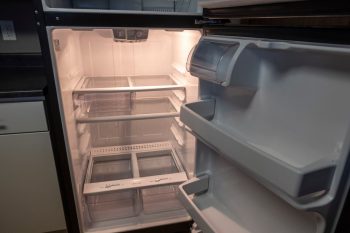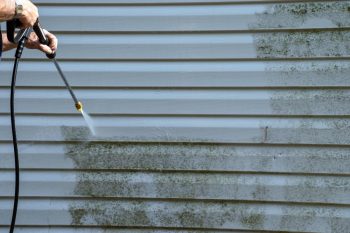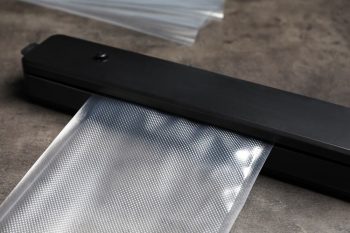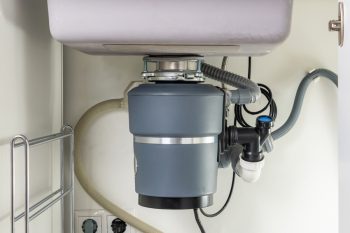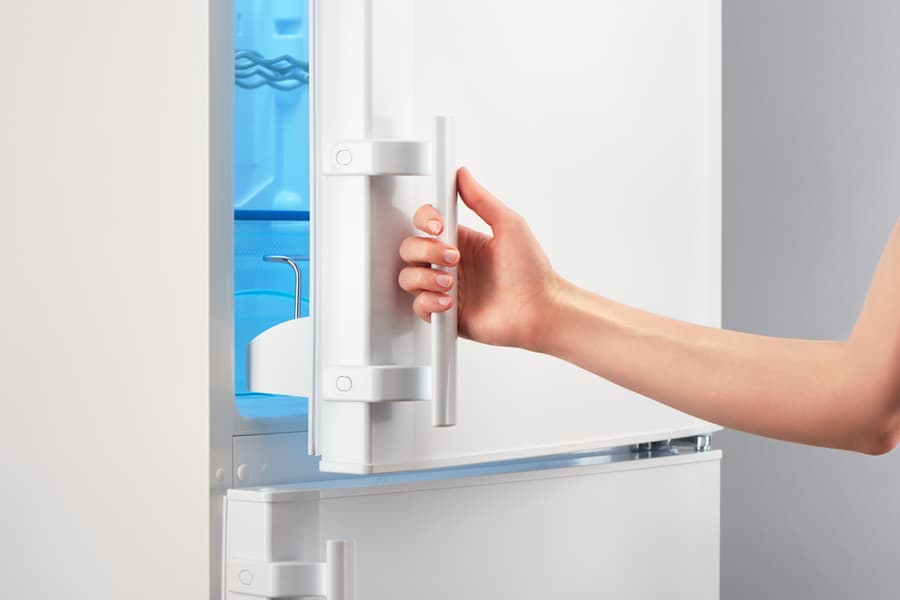
A refrigerator is an essential home appliance. It is challenging to imagine a modern lifestyle without a fridge. Also, having your refrigerator give out on you can be a real pain.
But the good thing is that the refrigerator, in most cases, does not give out suddenly. Instead, there are signs it gives when it’s dying. So, what are the signs a refrigerator gives when dying?
Whether your refrigerator is experiencing minor issues or major problems, it always gives signs before it eventually gives out.
Below are some of the common symptoms your fridge is dying:
- Food spoils quickly
- The fridge is sweating
- Excessive frost
- The refrigerator is noisy
- The refrigerator is too quiet
- The coil is too hot
- The fridge smells
- Frequent repairs
- Increased utility bills
- The fridge is older than 10+ years.
When you notice these signs on your refrigerator, plan for its repair or replacement.
This article outlines different signs you can use to know your refrigerator is dying.
10 Ways To Know Your Refrigerator Is Dying
Every refrigerator has a life span. So, even if you get a high-quality model, it may last you decades, but it will eventually reach the end of its lifespan. Knowing when your refrigerator is dying will save you a lot of hassle.
Below are the most common signs you can use to understand your refrigerator is on its last legs.
1. Food Spoils Quickly

One of the first things you may notice when your refrigerator is going bad is that food tends to go bad quicker. Sometimes, the food may go bad before its expiration date.
This happens because the fridge can no longer maintain its internal temperature to be cold enough. As such, the fridge’s interior is warm, which promotes the activities of fungi and bacteria-causing food spoilage like Clostridium.
2. The Refrigerator Is Sweating

Another telltale sign that your refrigerator is about to give out is that condensation appears outside the fridge, especially around the door.
It is commonly referred to as sweating, and it happens due to a problem with the seal or gasket of the refrigerator door. When it does not create a perfect seal, the cold air condenses around the door when it comes in contact with warm air.
A sweating fridge not only causes water to pool around the fridge but also promotes food spoilage, wastes energy, and inflates electricity bills.
3. Excessive Frost
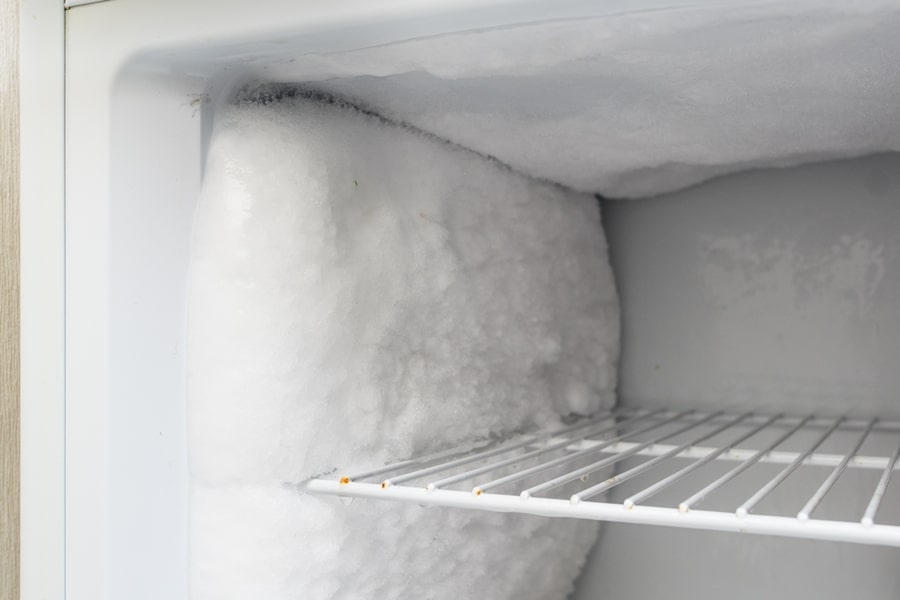
While it is normal to see some frost in your refrigerator, when it is excessive, it means there is a problem with the internal temperature. Frost forms when there is moist air in the fridge or something is wrong with the defrosting sensor.
Frost and ice build-up in your refrigerator isn’t necessarily a big problem, as you can turn off the fridge to defrost it; It would only take a lot of time.
4. The Refrigerator Is Noisy
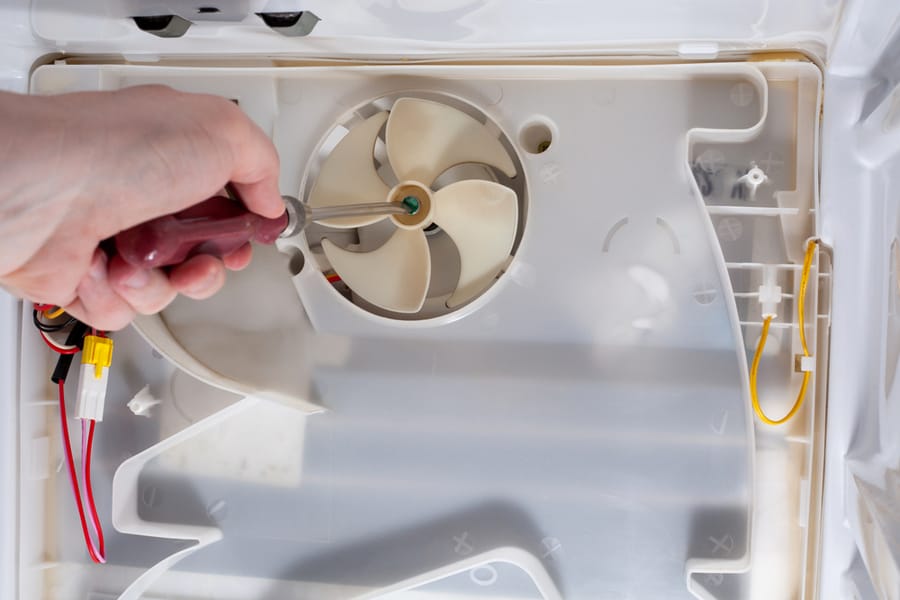
If your refrigerator is noisy, it could be a sign of a big problem, like issues with the compressor, fan, and so on.
Most refrigerator noise levels are around 30 to 50 decibels. But if the sound level of your refrigerator is higher than this, then you need to contact a professional to inspect your unit.
If it rattles and vibrates in addition to the loud noise, it means something is coming loose, and you should inspect and tighten it; perhaps that might fix the issue.
5. The Refrigerator Is Too Quiet
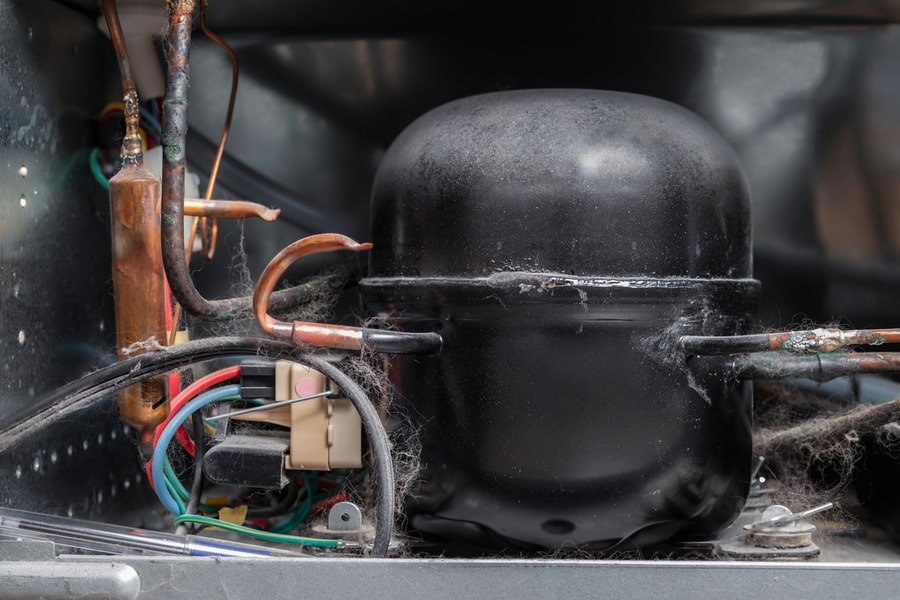
The fridge should hum gently. But it’s not good news when you don’t hear anything or your refrigerator is silent. It could be that the compressor is damaged.
Try turning the thermostat to a low setting and see if the compressor kicks back into gear. If nothing happens, try defrosting the system; perhaps the compressor coil is frozen.
6. Coil Is Too Hot
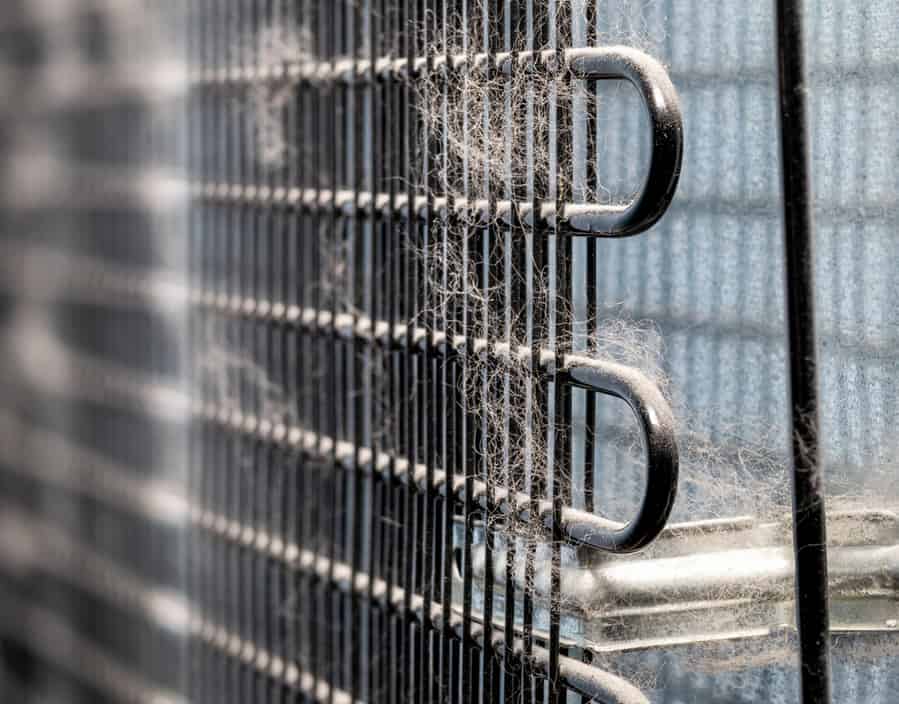
The cooling process of the refrigerator releases a lot of heat. But if the coil at the back of the fridge is constantly and excessively hot, it’s a sign that it is not running efficiently. Without intervention, it may get worse.
An excessively hot refrigerator is a telltale sign of a faulty ventilation system or a clogged condenser coil.
7. The Refrigerator Smells

When your refrigerator smells unlike it used to, it’s either a sign of food spoilage or a refrigerant leak. If the former is the case, you can easily detect it by checking the food condition in the refrigerator.
But if your refrigerator’s refrigerant leaks, you should quickly call a technician. According to the EPA regulation 40 CFR Part 82, Subpart F under Section 608, only certified technicians should maintain, service, and dispose of equipment with refrigerants.
8. Frequent Repairs
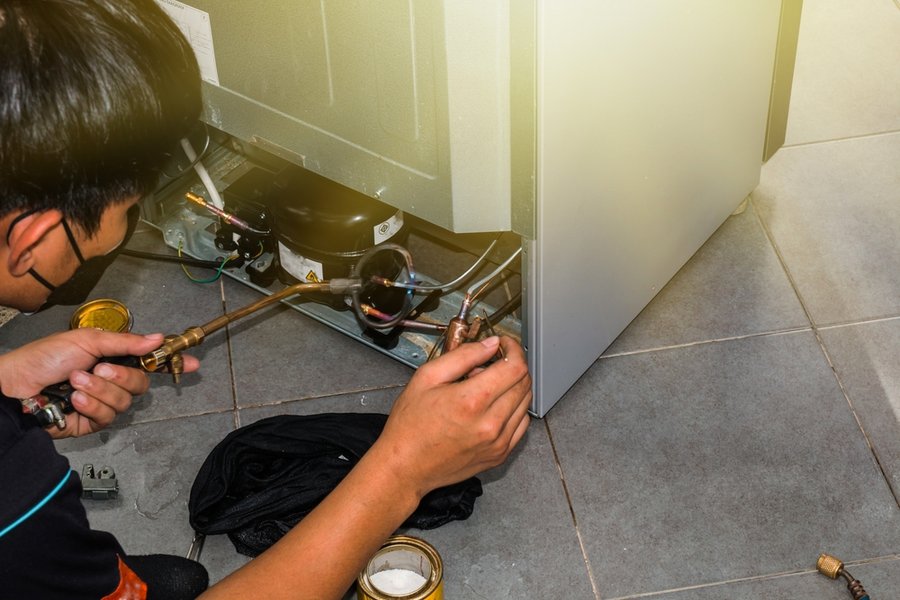
When you have to repair your refrigerator frequently, it’s a sign you may need a replacement sooner than you think. When refrigerators are often near the end of their life cycle, maintenance-related problems multiply.
At this point, continuing to repair the fridge will be costly. Getting a replacement refrigerator to save money in the long run.
9. Increased Utility Bill

When you notice your electricity bill is excessively high, it’s likely because the refrigerator is dying. Refrigerators have a thermostat that helps them regulate their temperature, which periodically shuts down the refrigerator.
The high utility bill tells you that the fridge does not go off as often as it should. Or it could mean that other components of the refrigerators are working when they shouldn’t, like the lights not going off.
10. The Fridge Is Older Than 10+ Years

The average lifespan of refrigerators is between 10 and 15 years. When you have been using the fridge for more than ten years, you should expect it to develop more issues.
Moreover, old models of refrigerators consume a lot of energy leading to high electricity bills.
Conclusion
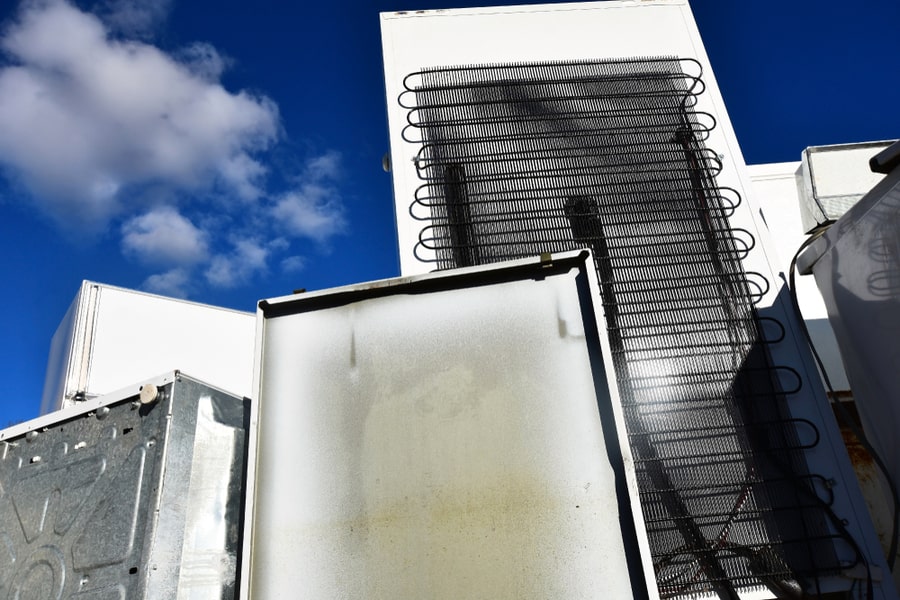
When you notice these signs on your refrigerator, know that it is about to reach the end of its lifespan.
While in some cases, you can fix the issue, in other cases, it wouldn’t be cost-effective to repair. Based on the nature of the problem you notice on the refrigerator, you can decide whether a repair or replacement is a better option.
Frequently Asked Questions
How To Increase the Lifespan of My Refrigerator?
Proper maintenance is the trick to increasing the lifespan of your refrigerator. Vacuuming the condenser coil often and keeping the door gasket clean will improve the cooling.
Also, changing the water filter often and keeping the top of the refrigerator clear will help.
Is It OK To Turn the Fridge on and off Regularly?
You do not need to turn off your fridge unless you need to defrost it. Otherwise, there is no point, as the refrigerator has a thermostat regulating the temperature.

